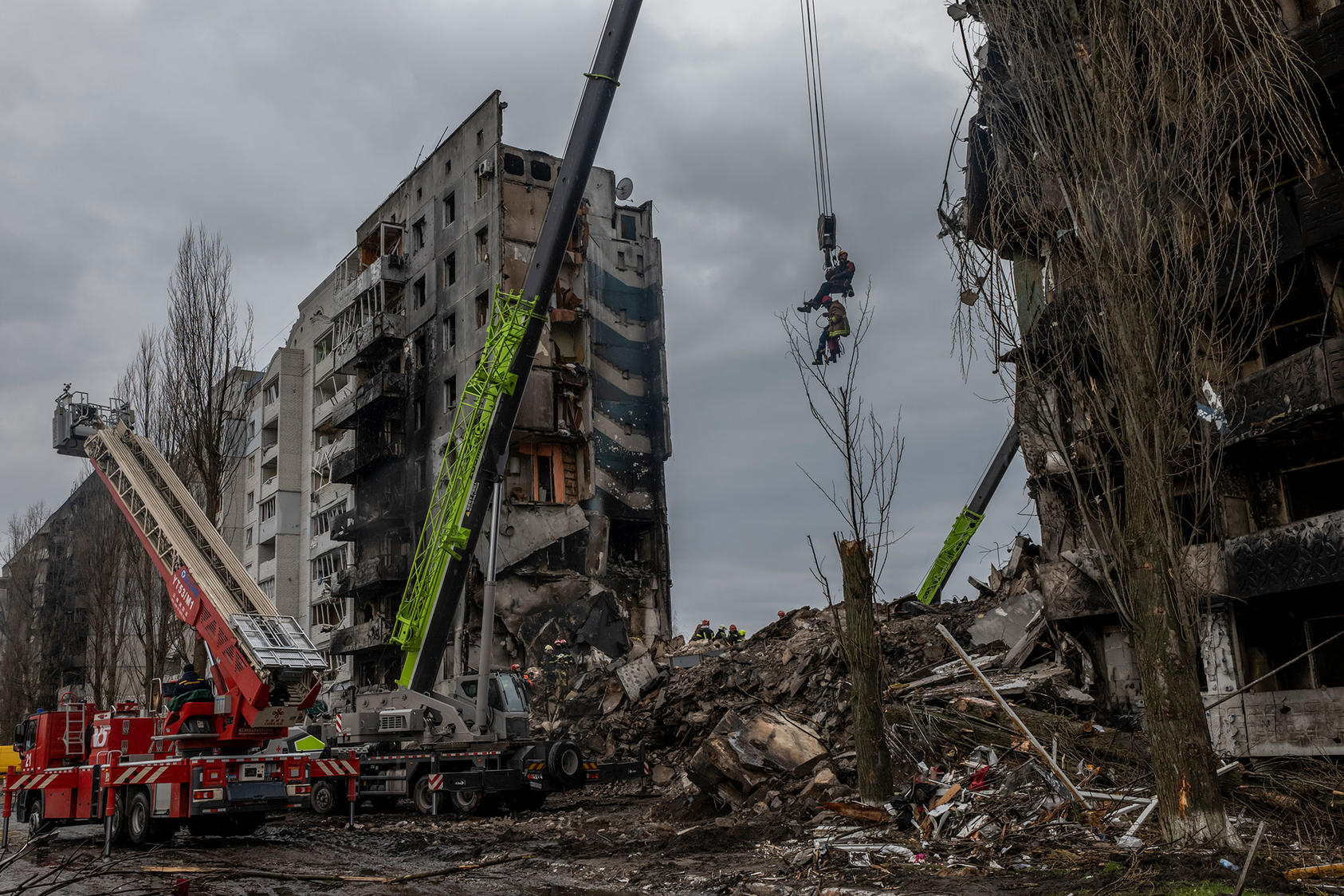Twitter Space: Syria, Russia and the War in Ukraine
Since 2015, Russia’s military intervention in Syria has helped Bashar al-Assad remain in power. But as Russia suffers ongoing battlefield defeats and setbacks in Ukraine, the Kremlin has redirected its focus and resources there. It’s unclear what impact this realignment will have on Russia’s involvement in Syria and support for al-Assad, but it may signify a notable shift for conflict dynamics in the region — as well as other conflicts around the world.

On November 8, USIP hosted a Twitter Space conversation on the short- and long-term implications of Russia’s shifting role in the Syrian conflict, as well as what the geopolitical fallout from the war in Ukraine means for Syria and the Middle East.
Continue the conversation on Twitter using #SyriaUSIP.
Note: This live Twitter Space was hosted on USIP’s Twitter account, @USIP. The recording of this discussion will be available on this page as an episode of the “USIP Events” podcast.
Speakers
Mona Yacoubian
Senior Advisor, Executive Office and Middle East and North Africa Center, U.S. Institute of Peace
@myacoubian
Heather Ashby, moderator
Senior Program Officer, Center for Russia & Europe, U.S. Institute of Peace
@DrHeatherAshby



